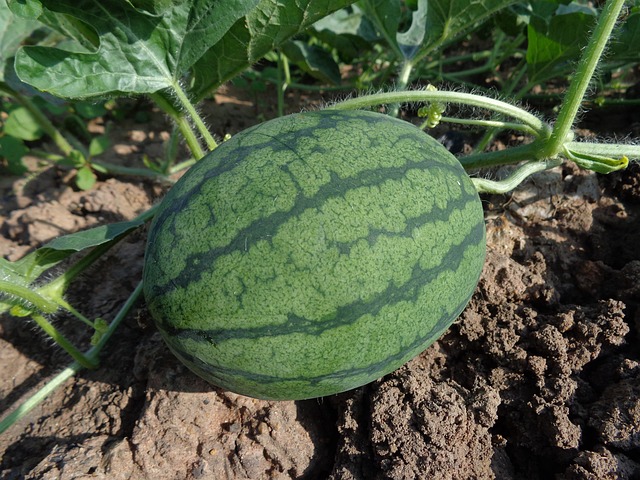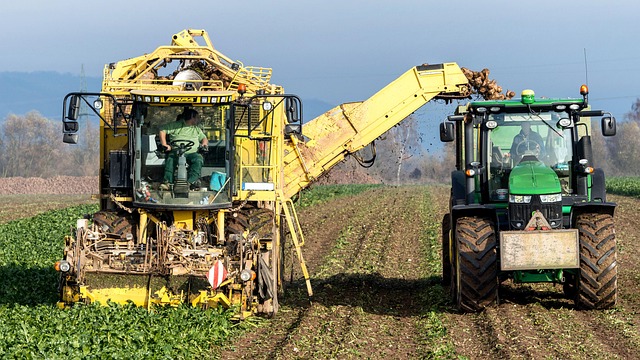Organic farming represents more than just a method of cultivation; it embodies a holistic approach to sustainable development that harmonizes with nature. This practice aligns with the core principles of sustainability, ensuring that our agricultural practices do not compromise future generations’ ability to meet their needs. Through organic methods, we can significantly reduce our ecological footprint, paving the way for a healthier planet.
In today’s world, where climate change looms as an undeniable reality, the adoption of organic farming techniques can play a crucial role in fostering environmental balance. By eschewing synthetic fertilizers and pesticides, organic farmers actively contribute to soil health, biodiversity, and water conservation. This cycle of nurturing the land not only enhances productivity but also allows ecosystems to thrive, showcasing how farming can coexist with nature rather than deplete its resources.
Incorporating green technologies within organic farming further propels the movement towards carbon neutrality. Technologies such as precision agriculture, permaculture design, and agroecological methods enable farmers to maximize efficiency and minimize waste. For example, the use of solar-powered irrigation systems limits dependence on fossil fuels, effectively reducing carbon emissions while ensuring crops receive adequate water. These innovations exemplify how organic farming can integrate modern advancements while remaining deeply rooted in sustainability.
Moreover, the cycle of organic farming extends beyond the fields. By connecting consumers with local farmers through community-supported agriculture (CSA) programs and farmers’ markets, individuals are empowered to make environmentally conscious choices. This fosters a renewed relationship with food that emphasizes seasonality, locality, and sustainable practices. As consumers embrace organic options, they support a system that values ecological integrity and sustainability, further motivating farmers to adopt these beneficial practices.
The ripple effects of choosing organic farming are profound, affecting not only our soil but also our communities and public health. Reduced exposure to toxic chemicals means cleaner air and water, leading to healthier families and communities. Additionally, fostering biodiversity through organic practices helps combat climate change, proving that agriculture can indeed be a solution rather than a problem in our environmental crisis.
Embracing organic farming is not just a personal choice; it’s a collective journey towards sustainable development. As we work towards harmonizing our farming practices with the health of our planet, we set an example for future generations. It is crucial that we continue to support organic methods, innovations, and the farmers dedicated to promoting a balanced ecosystem.
In this cycle of organic farming, everyone plays a vital role. Whether you’re a farmer implementing sustainable practices or a consumer who chooses to buy organic, you participate in this movement toward a greener future. Together, we can cultivate a resilient and sustainable agricultural landscape that benefits both people and the planet.




